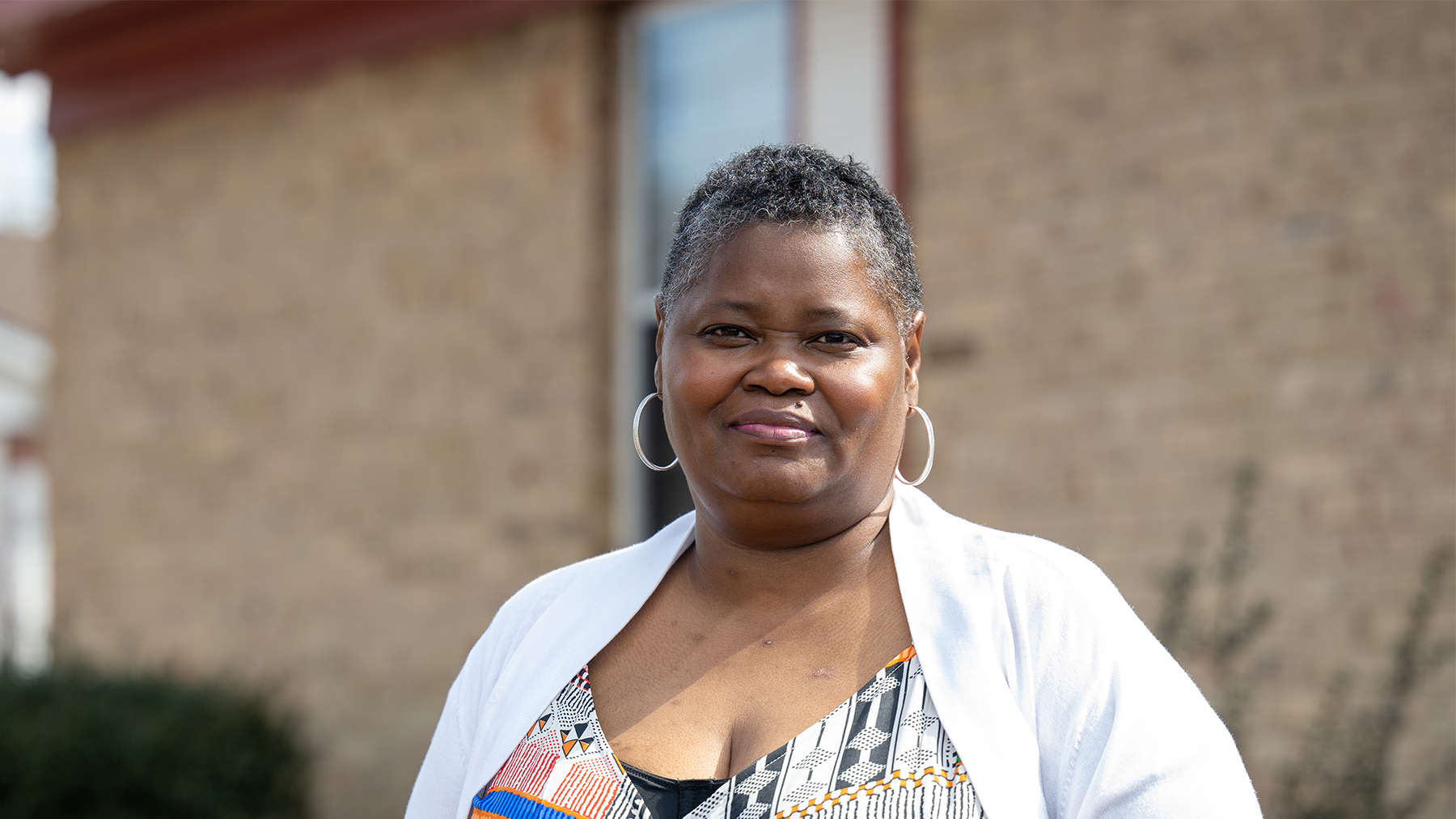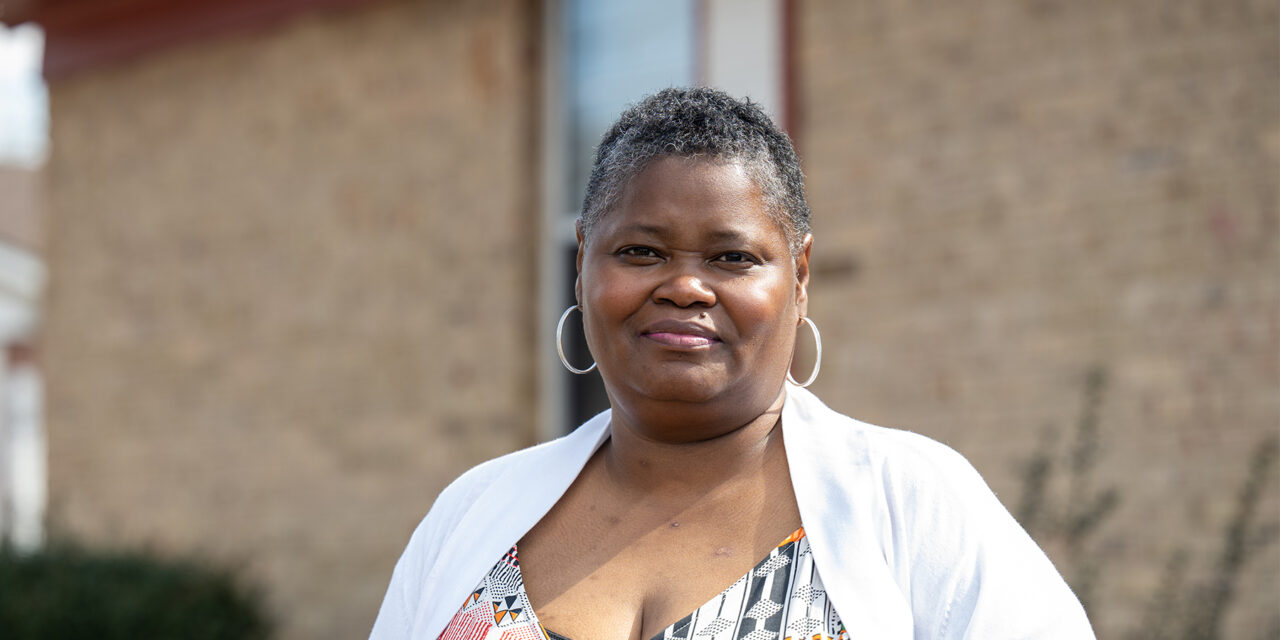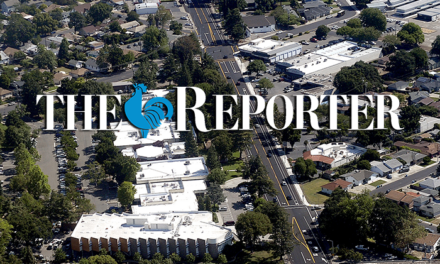
When Mike Segrest was running for district attorney of Alabama’s 5th Judicial Circuit in 2022, his platform consisted of supporting the rule of law, protecting constitutional rights and “working for the betterment of all.”
He was able to put a nail in each of those planks in recent weeks as he directed his office to stop prosecuting people who fell behind on their trash collection bills in the city of Valley, ending a practice that has led to hundreds of residents being arrested over the last two decades.
“I just came into office Jan. 17 and this problem was pointed out to me,” Segrest said. “I was contacted by the SPLC, read their position on it and I agreed.”
In their letter to Segrest, Southern Poverty Law Center lawyers argued that citizens had been charged under a 1975 state statute that does not actually criminalize failure to pay for garbage but rather treats nonpayment as a civil matter.
“For decades, Valley residents have been unlawfully prosecuted after falling behind on their garbage bills,” said Micah West, senior staff attorney at the SPLC.“We commend District Attorney Segrest for righting this wrong and exercising his discretion to no longer criminally prosecute people that are unable to pay their garbage bills.”
Over the past several months, Segrest’s office has declined to prosecute unpaid trash bill cases. But now the policy, under consideration since he took office, is official.
“This was something that was unconstitutional, and it needed to be addressed,” Segrest said. “So, we felt like it was necessary.”
Shortly after Segrest was elected last November, 82-year-old Valley resident Martha Menefield was arrested for owing $77 for trash pickup. Her story went viral online, and national media outlets carried it through several news cycles.
The SPLC found that Menefield’s case was not unusual. After her arrest, a team of SPLC attorneys and investigators learned that the city had been arresting people for years over past-due trash bills, adding hundreds if not thousands of dollars in fines and court costs to fees owed by the poorest of its residents.
Segrest not only agreed to stop prosecuting cases for nonpayment of garbage bills going forward. He also took steps to right past wrongs, steps that impacted more than 100 Valley residents.
Still leery
Over the last few weeks, Segrest dropped all outstanding charges against Valley residents and asked the district court to remit all outstanding court debt and to rescind all active warrants for nonpayment. But even with the change in direction from the district attorney, some community members have concerns that the city will continue to aggressively cite people for other alleged code violations.
“Now I kind of get harassed by the city public works department,” said Nortasha Jackson, who was represented by SPLC attorneys when her criminal charges over an $85 past-due bill were dropped in March. “The inspectors, they know where you live. Even though it just got through raining, they’re going to come down and say I have five days to cut my grass. You go the next street over and off the street around the corner or whatever and you see grass 10 feet high and nobody saying anything.”
She was arrested during Thanksgiving weekend after falling three months behind on her bill over the summer. Before her arrest the city removed her trash can and discontinued trash pickup, allowing garbage to pile up at the residence.
SPLC attorneys took on her case, moving to have charges against her dismissed, while the nonprofit Equal Justice Initiative paid to have the months of accumulated trash removed once charges against her were dropped and her trash service restored.
https://youtube.com/watch?v=videoseries&list=PLAFrdO1vXJPYPKU3w6IC1uLTeFr50QBPS
An SPLC analysis of more than 800 court cases shows that since 2004, 63% of city arrests for alleged failure to pay trash fees were of Black people. Further, 40% of arrests were of Black women.
“Valley Police have arrested residents aged 70 and older at least 14 times; 13 of them – 93% – were Black,” said SPLC staff attorney Ellen Degnan. “And Black people make up 73% of the 108 residents who have been arrested multiple times for alleged nonpayment.”
The SPLC also identified people who had warrants issued for their arrest and didn’t know it. One longtime Valley resident, who agreed to be quoted but not named for this story, had been previously arrested for a late trash fee in 2008. But they also had a second charge pending on the books for years without their knowledge for unpaid bills at a house they didn’t live in.
“When they [SPLC investigators] came to see me, they said it was for a trash bill I didn’t know about,” they said. “I didn’t go to jail or anything. I didn’t know about it because the building they were talking about, I don’t even remember being there at that address. I told him I don’t remember being at the address.”
That warrant for their arrest had been on file for roughly a decade. But because they had not had services from the city in their name during the last decade, city police were not able to locate them.
“So what would have happened if I had gotten a ticket or something and they ran my record and said that we got a warrant out for me for something I didn’t know nothing about?” the resident asked. “That’s crazy.”
Finding a path forward
Although Segrest has dropped prosecution of all charges related to delinquent trash pickup fees, he does not have any control over the city’s actions. While his office will not criminally prosecute complaints over unpaid trash fees, the city of Valley can continue issuing citations.
“I don’t know how the city and how the city attorney plan on them moving forward, but I do believe that there is probably a civil remedy to the problem that doesn’t involve criminal prosecution,” Segrest said. “I can’t exactly speak for the city on how they plan on handling these bills moving forward, but our office won’t be prosecuting them.”
The city can, for example, take away trash cans and service for nonpayment. Liens for unpaid bills can be placed against property. But cutting off trash collection creates a public safety hazard, leaving residents with growing piles of trash which, over time, can create a public nuisance.
But none of those actions would result in a criminal court record for the resident. Jackson said she is relieved that no one else will have to go through criminal court to resolve future late payments.
“It’s a godsend, because so many people would still have to go through this if [the SPLC] hadn’t been a catalyst for change.
“It’s not just for poor people. You’re just one debt or one check away from it snowballing out of control.”
Photo at top: Nortasha Jackson of Valley, Alabama, was arrested for failure to pay an $85 past-due trash bill, but the charges were dropped in March 2023. (Credit: Hillary Andrews)





